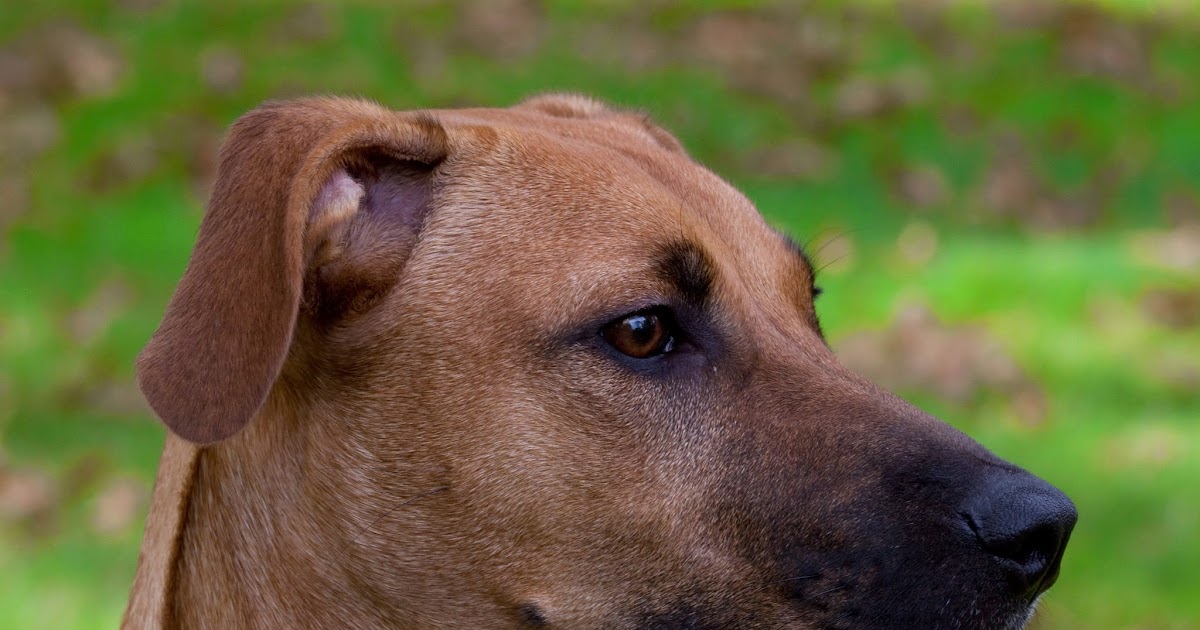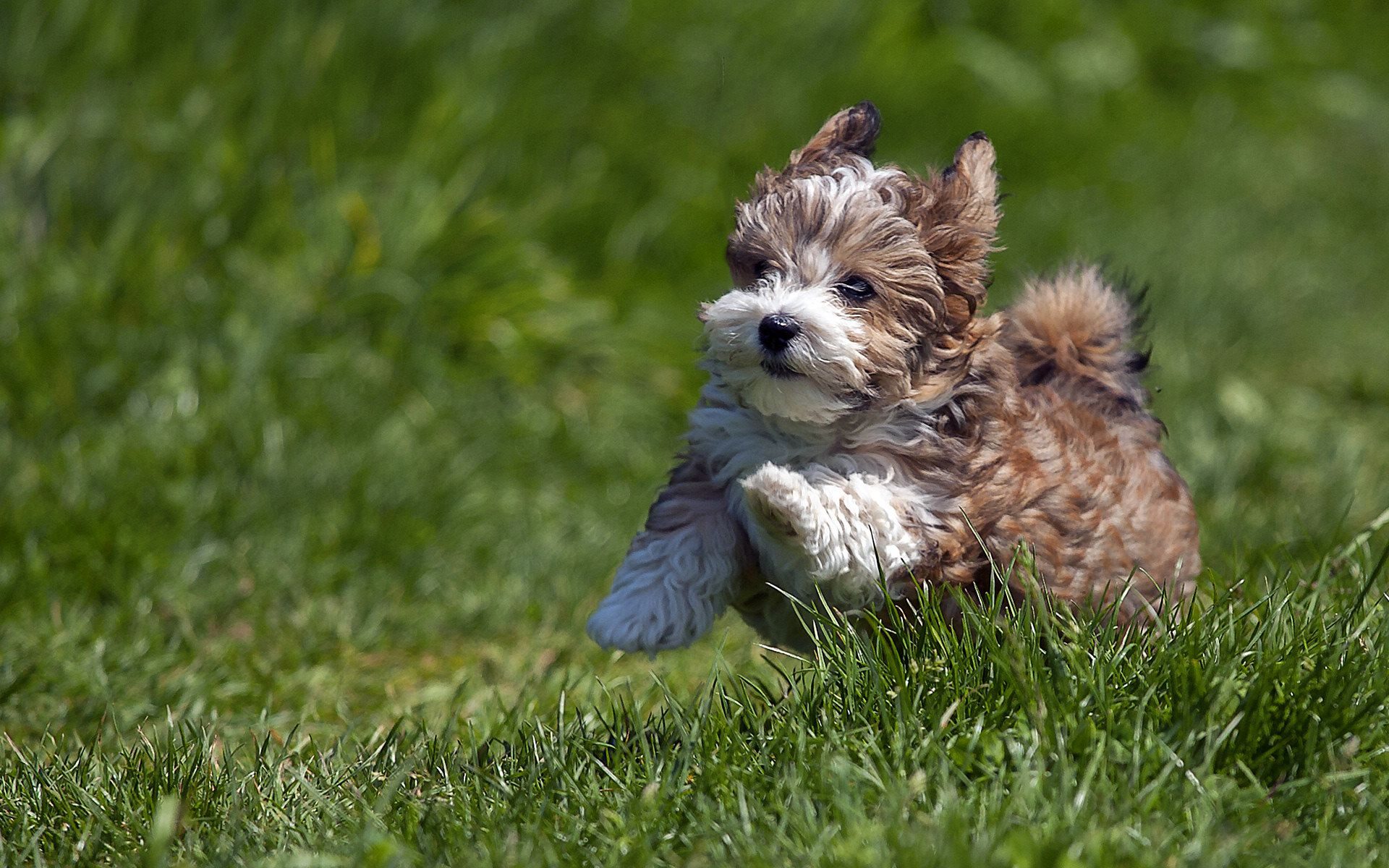The Black Mouth Cur is considered to be a generally healthy breed with fewer of the genetic problems that tend to affect other breeds and a lifespan that usually goes well into their teens. Owners should watch out for these conditions throughout their dogs’ lives. Settlers also needed a dog who would be intelligent and help them hunt for food and valuable pelts. They needed a dog who would be a loyal and dedicated family companion so that it would protect the homestead. They needed a dog who would be strong and able to handle life in the rugged frontier. Without enough exercise, these breeds may put on weight and vent their pent-up energy in ways you don’t like, such as barking, chewing, and digging.

If you’ve got a laid-back attitude toward slobber, fine; but if you’re a neatnik, you may want to choose a dog who rates low in the drool department. Dogs who are highly sensitive, independent thinking, or assertive may be harder for a first-time dog parent to manage. You’ll get your best match if you take your dog-owning experience into account as you choose your new pooch. Energetic, fearless, and strong, the Black Mouth Cur is valued as an all-around working dog bred to help farmers and hunters in the rugged terrain of the southeastern United States. They are usually fine with another resident dog, though their high prey drive makes them unsuitable for homes with smaller pets, such as cats, rabbits, hamsters, etc. Black Mouth Cur coats shed moderately throughout the year and a bit more heavily before winter and summer.
Common in most breeds during puppyhood and in Retriever breeds at all ages, mouthiness means a tendency to nip, chew, and play-bite (a soft, fairly painless bite that doesn’t puncture the skin). Mouthy dogs are more likely to use their mouths to hold or “herd” their human family members, and they need training to learn that it’s fine to gnaw on chew toys, but not on people. Mouthy breeds tend to really enjoy a game of fetch, as well as a good chew on a toy that’s been stuffed with kibble and treats. The Black Mouth Cur requires an experienced owner with a Goldilocks approach to training.
